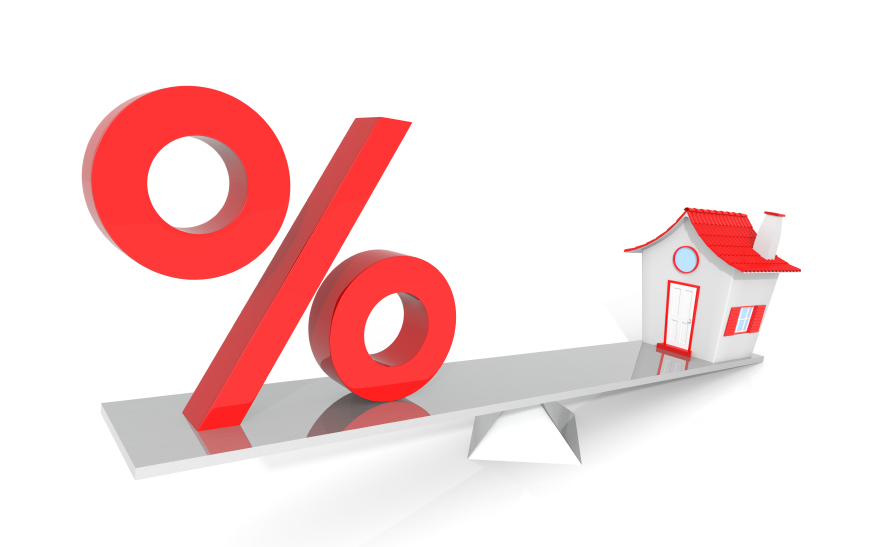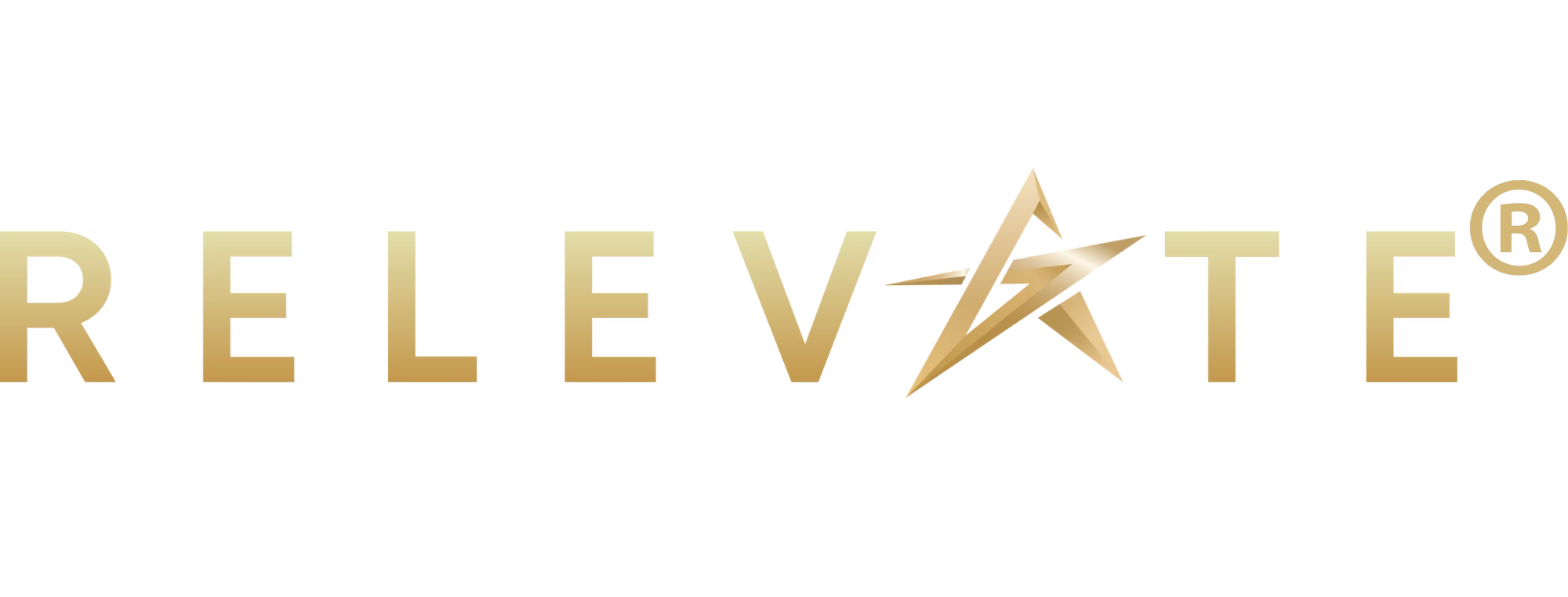 Before you know what homes to consider, you need to figure out your home financing to know how much you can afford, and that comes down to the monthly payment amount. Between loan products and new lending rules, variable interest rates and credit score surprises, most buyers are looking in the wrong price range (too high or too low). We will refer you to a mortgage lending specialist with the right experience. Based on your preferred monthly payment, income, and credit scores, he/she will review all your loan and down-payment options and write you a “pre-qualification letter” stating what purchase price you can afford. The seller’s agent will need this letter in order to consider your offer. A “pre-approval letter” (as opposed to a pre-qualification letter) requires more labor on your part to provide additional paperwork and verification, yet it will not help you at all when making an offer on a home, so skip it.
Before you know what homes to consider, you need to figure out your home financing to know how much you can afford, and that comes down to the monthly payment amount. Between loan products and new lending rules, variable interest rates and credit score surprises, most buyers are looking in the wrong price range (too high or too low). We will refer you to a mortgage lending specialist with the right experience. Based on your preferred monthly payment, income, and credit scores, he/she will review all your loan and down-payment options and write you a “pre-qualification letter” stating what purchase price you can afford. The seller’s agent will need this letter in order to consider your offer. A “pre-approval letter” (as opposed to a pre-qualification letter) requires more labor on your part to provide additional paperwork and verification, yet it will not help you at all when making an offer on a home, so skip it.
You will get the best advice and rates from a mortgage broker who specializes in residential loans, and has access to a large variety of loan products. Loan officers who work for one of the big lenders, such as Wells Fargo and Countrywide, tend to focus exclusively on their own products. Retail banks are busy with a wide variety of services such as checking, savings, business and auto loans, and normally offer limited lending options, so they are rarely competitive. One exception is the State Employees Credit Union. If you are a member, you should talk to them about your purchase.
Shop for the best rate for your family, but think twice about switching away from a lender who invested her time to give you advice and help, just to save an eighth of a point. Anyone can quote you a lower rate, but that lender may drop the ball later and cost you money or delay your closing. Do not use internet lenders, out-of-state lenders, or any lender who was not referred to you, unless you like surprise rate hikes the day before your closing, when it is too late to react.
A great mortgage broker can sometimes even lower your rate after you lock it in, by moving you to a different lender if the rates go down before closing. The best brokers will call and offer it without you having to ask. Find that broker.
Finally, when your mortgage broker asks for additional paperwork, get it to her immediately. She cannot control what the underwriter will ask for or when, and if you are late, your closing might be also.


